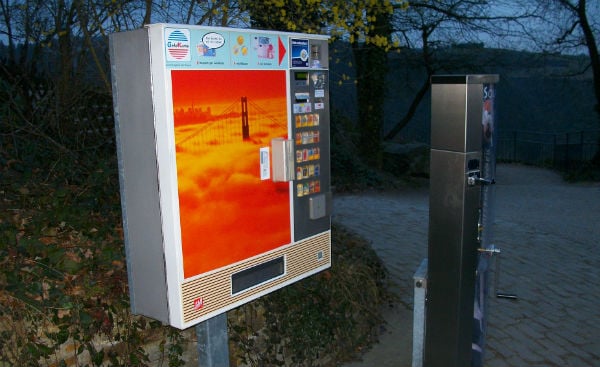EU law stipulates that cigarette and tobacco packaging must carry clear health warnings, including in some cases graphic images of lung cancer patients, to make people think twice before purchasing tobacco. However, this is currently not the case for cigarette vending machines.
In Germany, a judge recently ruled that the lack of warning on the machines is unlawful. The authorities in the individual federal states will now have to decide what will happen to the machines.
In Austria, the Ministry of Health is now consulting with the Ministry of Finance. Franz Pietsch, who works for the Ministry of Health and is responsible for the protection of non-smokers, told the ORF that the machines could be removed. It’s not clear if pasting warnings and graphic images onto the machines would be enough to satisfy EU law.
Josef Prirschl, who represents the interests of tobacconists, warned that they could face serious economic consequences. “For some tobacconists, sales from vending machines account for up to 30 percent of their sales, depending on their location,” he told Ö1 radio.
Cigarette vending machines are banned on the streets in Hungary, Great Britain, France and Ireland. The World Health Organization (WHO) has long been calling for a global ban on the machines, as they make it easier for minors to buy cigarettes.
Austrians can legally smoke from the age of 16, and cigarette machines must attempt to verify a customer's age by requiring the insertion of a debit card or mobile phone verification.
However, a survey by the Organisation for Economic Co-operation and Development (OECD) found that 27 percent of Austrian 15-year-olds smoke at least once a week, more frequently than any other children in the OECD area.
Austria is also one of the countries in western Europe where cigarettes are cheapest. The country has a deeply entrenched smoking culture, and a general ban on smoking in cafes and restaurants doesn’t come into force until May 2018.



 Please whitelist us to continue reading.
Please whitelist us to continue reading.